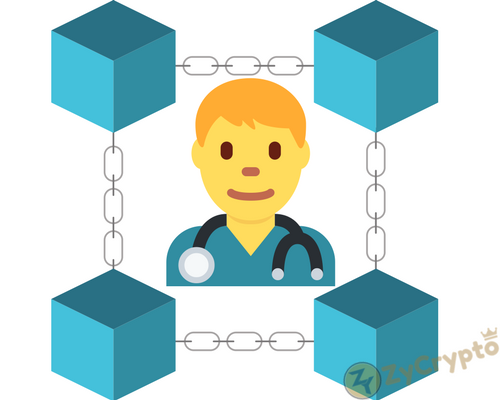The power of blockchain and related technologies have been felt in almost all industries; banking and finance, music, online gaming, education, and so on. It’s also of worthy to note that the health industry isn’t left out as more developers are building a sustainable systems to improve health in the world today.
Though the developed countries will benefit from this, developing/third world countries have more to benefit from this new technology the most.
How Blockchain Ensures Better Health
Well, these technologies aren’t health experts to prescribe medications to sick people, nevertheless, there are some aspects it can tackle to better the health of citizens of developing countries.
Integrating IoT (Internet of Things), it’s been proven that the blockchain can keep track medications directly from manufacturers down to the consumers. Giving every detail of product movements and stops, and detecting if a product has been tampered with along the line.
With these data, relevant authorities down to the final consumers can know the genuity of the medications they take, eliminating fake and substandard drugs from the society.
Though there’s been a centralized way of doing this presently – via SMS – the problem with this method is data is centralized and can be easily manipulated. Also, anyone can easily have their database of drugs (which could be substandard) and still make it look like its real.
Nevertheless, using the blockchain, data committed cannot be edited. This gives users some confidence that by them querying the central database, all information received is accurate.
According to research, developing nations lose their citizens to substandard drugs than the illnesses itself. The illness starts the moment they make use of these drugs and most times, this single act of trying to stay alive causes patients to die.
To save lives, blockchain platforms are being built, and we are likely going to see much more shortly.
As blockchain technology gets more adoption, there may be better solutions to solving current health challenges. Like using blockchain to collect patient data, helping help practitioners to provide more accurate diagnoses on patients.
As with digital technologies, the blockchain isn’t going to be the solution to every health problem, but with time, people can find better use of it and continually improve on the solution it currently offers. The health sector should look forward to a revolution that will shape its future.
Blockchain Technology May Improve Health In Developing Countries
Advertisement






